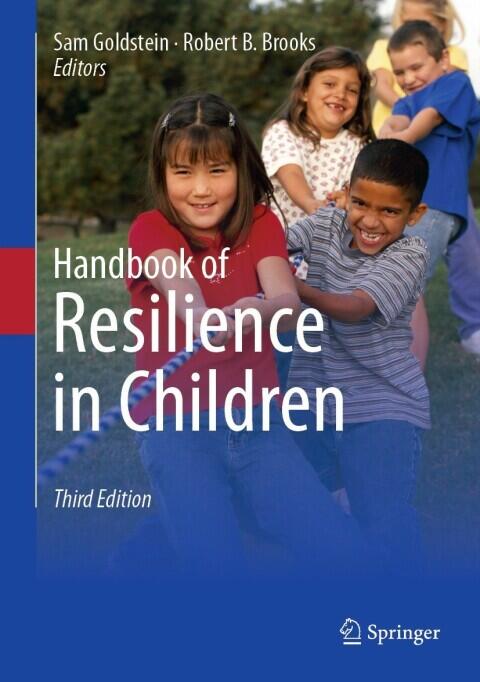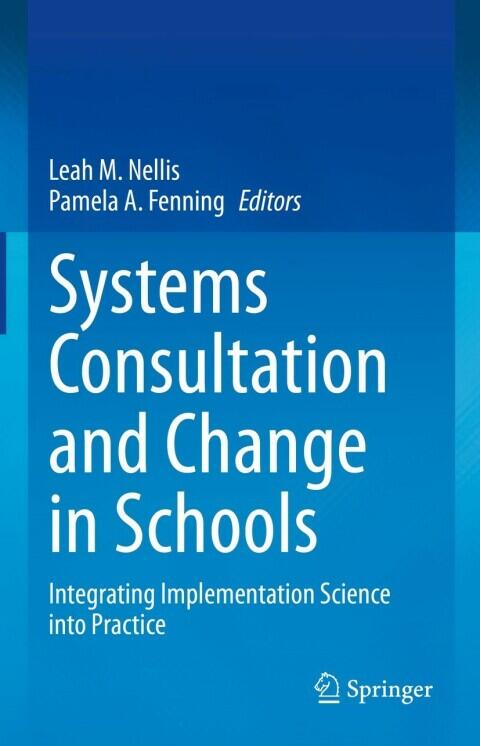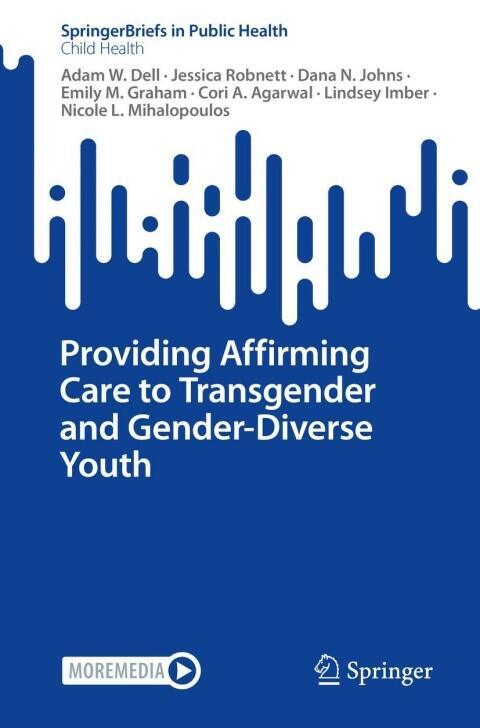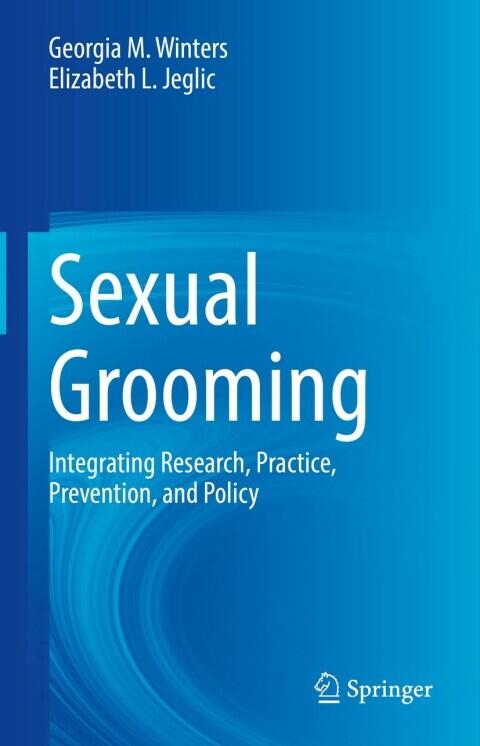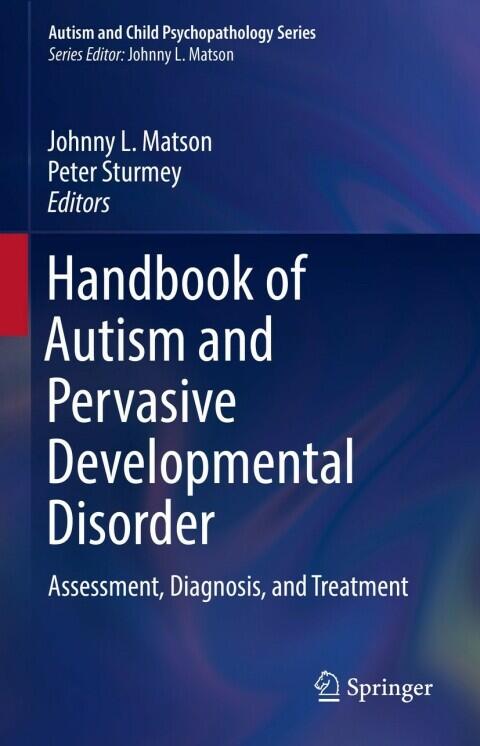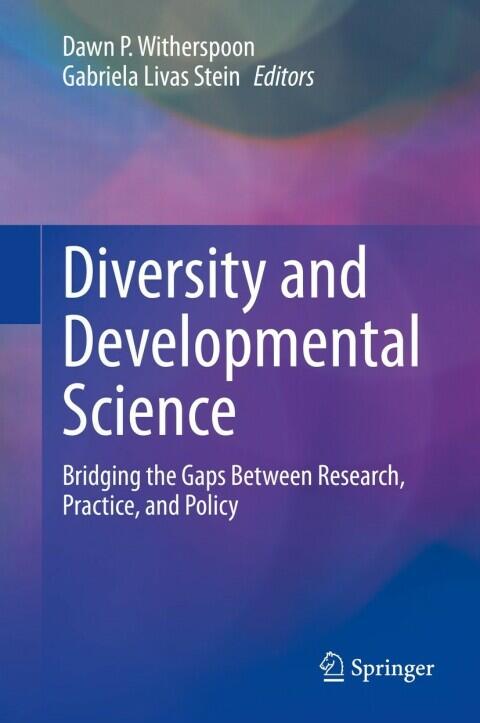
Diversity and Developmental Science: Bridging the Gaps Between Research, Practice, and Policy
Edition: 2
Language: German
Format: Kindle
ISBN 10: 3031231635
ISBN 13: 9783031231636
Publication date:
January 1st, 2023
Publisher: Springer
Pages: 650
Genres: Young Adult, Children’s, Health & Wellness
Klaus-Rainer Müller delves into the intricate interplay of diversity and developmental science in a rapidly changing world. He illuminates the pressing challenges that developmental scientists encounter, especially as they strive to address the diverse needs of a younger population. The author emphasizes the importance of understanding how cultural, socio-economic, and environmental factors can influence developmental outcomes, urging a more nuanced approach to research.
Bridging the gaps between research, practiced methodologies, and policy-making is at the forefront of Müller's exploration. He advocates for a greater collaboration among professionals in various fields to create comprehensive strategies that acknowledge and incorporate the varied experiences of children from different backgrounds. This holistic perspective not only enriches scientific understanding but also enhances interventions aimed at fostering healthy development.
Müller further examines the implications of his findings on educational practices and public policy. By highlighting the critical role of inclusivity, he calls for educators and policymakers to consider diverse developmental trajectories when designing programs and initiatives. His insights provide a framework for more effective and equitable practices that support all children.
Ultimately, the work serves as an essential resource for scholars, practitioners, and policymakers alike, offering a fresh perspective on the intersection of diversity and developmental science. Through thoughtful analysis and practical recommendations, Müller champions the need for ongoing dialogue and collaboration to meet the evolving demands of society effectively.
Bridging the gaps between research, practiced methodologies, and policy-making is at the forefront of Müller's exploration. He advocates for a greater collaboration among professionals in various fields to create comprehensive strategies that acknowledge and incorporate the varied experiences of children from different backgrounds. This holistic perspective not only enriches scientific understanding but also enhances interventions aimed at fostering healthy development.
Müller further examines the implications of his findings on educational practices and public policy. By highlighting the critical role of inclusivity, he calls for educators and policymakers to consider diverse developmental trajectories when designing programs and initiatives. His insights provide a framework for more effective and equitable practices that support all children.
Ultimately, the work serves as an essential resource for scholars, practitioners, and policymakers alike, offering a fresh perspective on the intersection of diversity and developmental science. Through thoughtful analysis and practical recommendations, Müller champions the need for ongoing dialogue and collaboration to meet the evolving demands of society effectively.
